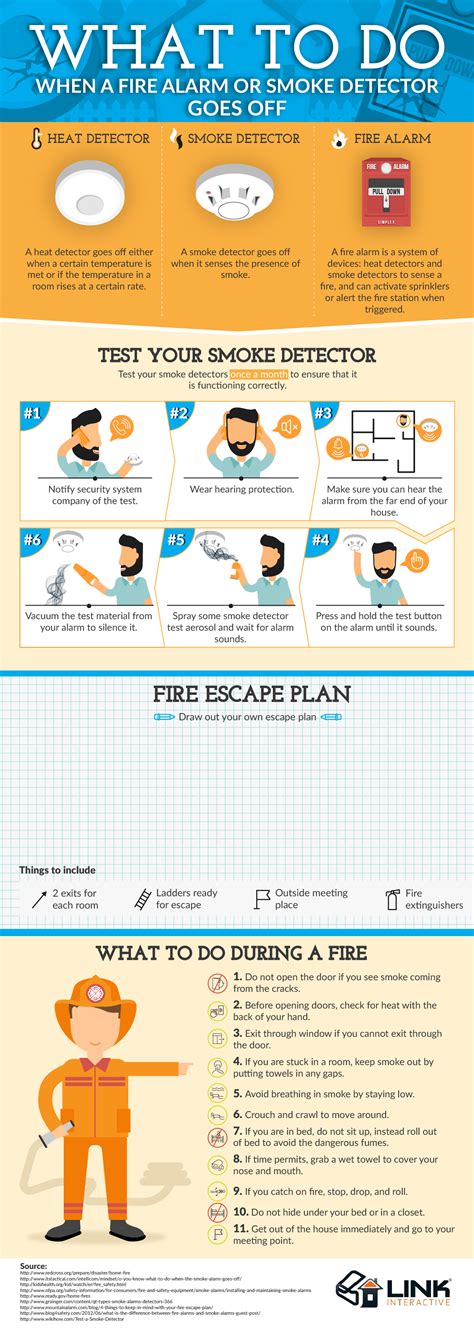Fire Alarm Going Off? Here's What to Do
A shrill fire alarm piercing the silence is never a pleasant experience. It immediately throws you into a state of alert, demanding quick thinking and decisive action. Knowing exactly what to do in such a situation can be the difference between a minor inconvenience and a potentially life-threatening emergency. This guide outlines the crucial steps to take when a fire alarm sounds, ensuring your safety and the safety of those around you.
What are the common causes of fire alarms going off?
Before we dive into the emergency procedures, let's address the common culprits behind unwanted fire alarm activations. Understanding these can help you determine the urgency of the situation and react appropriately.
- Cooking incidents: Burnt food or overheating cooking oil is a frequent cause of home fire alarms.
- Dust and debris: Accumulated dust and debris in smoke detectors can trigger false alarms. Regular cleaning is crucial.
- Steam or smoke from showers or baths: Excessive moisture in the air can sometimes activate smoke detectors.
- Electrical malfunctions: Faulty wiring or electrical appliances can trigger alarms.
- Actual fires: This, of course, is the most serious reason for a fire alarm.
Is it a real fire or a false alarm?
The first, critical step is assessing the situation. Look for visible signs of fire or smoke. Smell the air for the presence of burning materials. Listen carefully – is the alarm constant and loud, or intermittent and faint? A persistent, loud alarm generally indicates a more serious situation. If you see smoke or flames, evacuate immediately. If you're unsure, err on the side of caution and evacuate.
What is the first thing to do when a fire alarm goes off?
Evacuate Immediately: Your primary action should always be to evacuate the building swiftly and safely. Don't waste time searching for valuables; your life is far more important. Follow your established escape plan (if you have one), and head towards the nearest safe exit.
How do I evacuate safely?
- Stay low to the ground: Smoke rises, so crawling or staying low will help you breathe easier and see better.
- Feel doors before opening them: If a door is hot, do not open it. Find an alternative exit route.
- Never use the elevator: Elevators can malfunction during a fire, trapping you inside. Always use the stairs.
- Once outside, stay away from the building: Assemble at a designated meeting point, away from the immediate danger zone.
- Call emergency services: Dial your local emergency number (911 in the US, 999 in the UK, etc.) to report the fire. Provide your location and a description of the situation.
What if I'm trapped?
If you become trapped, stay calm and try to find a way to signal for help. Close any doors to contain the fire, cover your mouth and nose with a damp cloth if possible, and signal for help by waving a brightly colored cloth or shouting from a window.
What should I do after evacuating?
- Account for everyone: Ensure all family members or colleagues have safely evacuated.
- Stay at the designated meeting point: Do not re-enter the building until emergency services give the all-clear.
- Cooperate with emergency responders: Follow their instructions and provide any information they require.
How can I prevent fire alarms from going off unintentionally?
Regular maintenance is key to preventing false alarms. This includes:
- Cleaning smoke detectors: Vacuum or gently brush dust and debris from smoke detectors regularly.
- Testing smoke detectors: Test smoke detectors monthly to ensure they are functioning correctly.
- Proper ventilation: Ensure adequate ventilation in your kitchen to prevent smoke buildup.
- Regular appliance checks: Inspect electrical appliances for damage or faulty wiring.
A fire alarm is a serious matter. By understanding the potential causes, prioritizing safety, and implementing preventative measures, you can significantly reduce the risks associated with fire emergencies and ensure your safety and well-being. Remember, preparation and prompt action are paramount in these situations.

